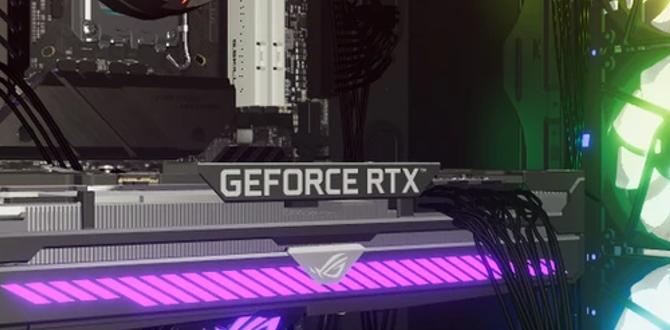Hardware Inspection
Inspecting Your Hardware Components for Defects
As a tech enthusiast, nothing beats the thrill of building your custom gaming rig. However, even the most meticulously assembled setups can run into issues. One of the common challenges faced by PC builders is diagnosing hardware problems. From faulty graphics cards to RAM issues, identifying the root cause of performance issues is crucial for a seamless gaming experience.
When it comes to hardware inspection, I start by checking each component methodically. I ensure that all connections are secure, visually inspect for any signs of physical damage, and run diagnostic tools to assess the health of critical parts like the CPU, GPU, and storage devices.
Common Hardware Problems:
- Overheating due to dust buildup
- Loose connections causing intermittent issues
- Faulty RAM leading to system crashes
- GPU artifacts affecting graphics performance
| Component | Potential Issue |
|---|---|
| CPU | Overheating or thermal paste degradation |
| GPU | Driver conflicts or hardware failure |
| RAM | Compatibility issues or faulty modules |
Conclusion
By conducting a thorough hardware inspection, you can pinpoint the underlying issues affecting your gaming rig’s performance. Whether it’s a simple fix like cleaning out dust or a more complex component replacement, tackling hardware problems head-on ensures a smoother gaming experience.
FAQs
1. How often should I inspect my gaming rig’s hardware?
I recommend conducting a hardware inspection at least once every three to six months to prevent potential issues.
2. What tools can I use for diagnosing hardware problems?
Popular tools like HWMonitor, MemTest86, and FurMark can help you identify hardware issues efficiently.
3. Can software conflicts mimic hardware problems?
Yes, software conflicts can sometimes manifest as hardware issues, so running diagnostic tests is essential for accurate troubleshooting.
4. Is it worth investing in cooling solutions for my gaming rig?
Absolutely! Proper cooling is essential for maintaining optimal performance and extending the lifespan of your components.
5. Should I seek professional help if I can’t resolve hardware issues on my own?
If you’re unable to diagnose or fix hardware problems, consulting a professional technician can save you time and ensure a correct resolution.
